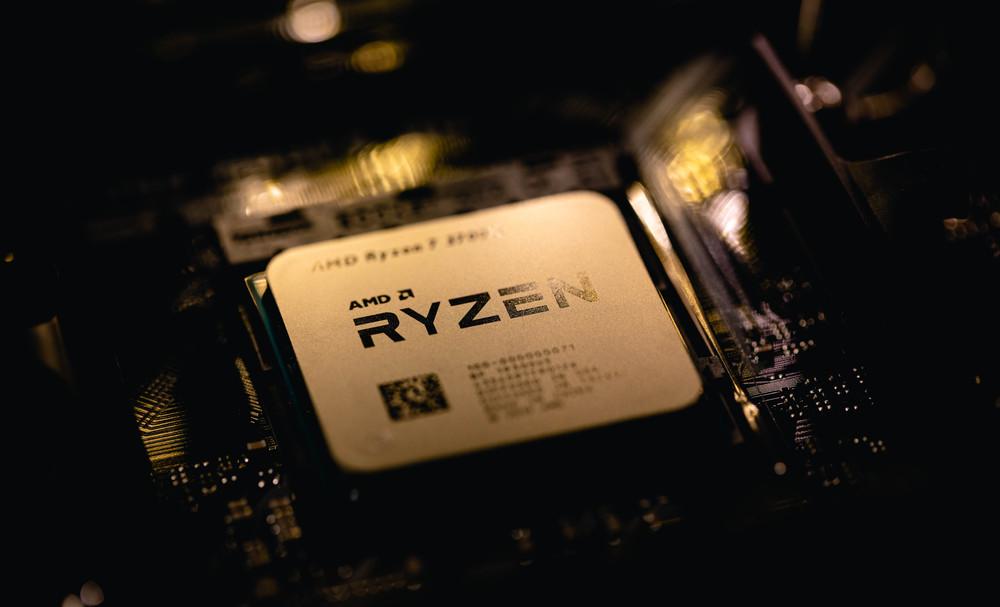AMD Ryzen™ Microcode Update:
Recently, AMD has provided microcode updates for all Ryzen™ processors including ZEN1, ZEN+, ZEN2, and ZEN3 architectures. New microcode is already appearing on the Linux mailing list and will soon be on Linux-firmware.git and pulled by various Linux distributions into systems used by end users. It is expected that Windows will also be updated through system patches in the future.

CPU microcode updates are usually provided with the motherboard firmware and are applied during firmware initialization. However, some hardware platforms may not be able to obtain motherboard firmware updates in a timely manner, and applying CPU microcode updates during operating system boot can solve this problem.
The biggest change this time was the microcode update for Family 17h (ZEN/ZEN+/ZEN2), with a capacity increase from 6476 bytes to 9700 bytes, which is the first time since December 2019 that AMD has offered them microcode updates. As in the past, the microcode binary update doesn't provide a changelog, so we don't yet know what changes it brings.
Historically, microcode updates have been distributed in microcode by combining conventional improvements and minor updates from the past, or to improve hardware (e.g., memory, PCIe devices) compatibility, fix specific CPU vulnerabilities, and so on.
PC shipments began to slow after two consecutive years of high growth:
According to IDC, global shipments of traditional PCs, including desktops, notebooks and workstations, fell 5.1 percent in the first quarter of this year. The education and consumption sectors declined, while demand in the business environment continued to remain stable. The consumer market is expected to grow again in the near future.
Despite logistics and supply chain impacts, PC global shipments remained above 80.5 million units in the quarter. Global PC shipments have exceeded 80 million units for seven consecutive quarters, something not seen since 2012.
The top five PC makers have not changed from the previous quarter, and are still Lenovo, HP, Dell, Apple, Asus and Acer. The above data does not include tablets or x86 servers.